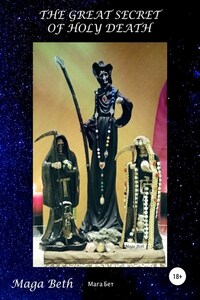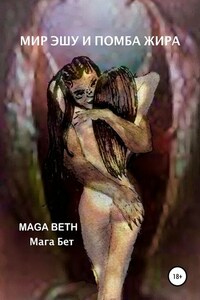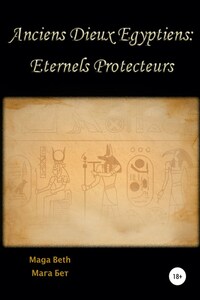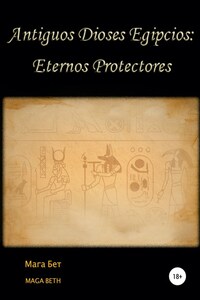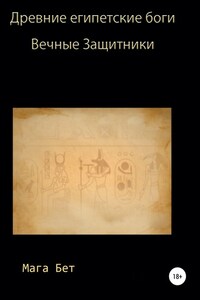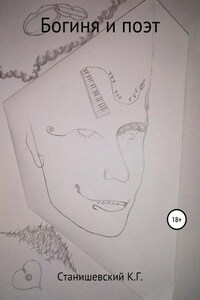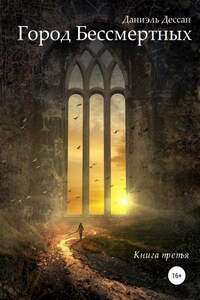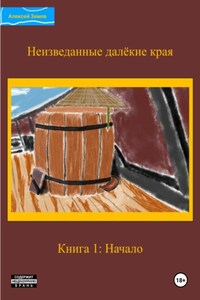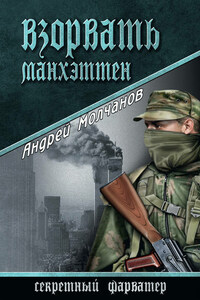María Isabel Pedrera Pérez, better known as MAGA BETH, was born in Barcelona on February 9, 1970.
With an inherited profession, her grandmother and great grandmother introduced her in the world of High Magic; she showed, at an early age, a preference towards esotericism.
María Isabel attended basic and high school education and completed higher education with a diploma in Infant Education and Childcare, specialising her studies with the following courses:
– Educator for people with learning difficulties – Autism.
– Special needs – Dyslexia.
– Stimulation and development in education with disabilities.
– Psychopathic disorders in childhood.
– Speech Therapy.
– The teacher in school failure.
– Music therapy.
– Movement and play in the teaching practice.
She combined both studies and also specialised in parapsychology, hypnosis, occultism and astrology; and completed a Master in Quality Control and Environment.
As a good Aquarius, her restless soul led her to continue gaining experience but this time in the natural world, and earned a diploma in Naturopathy, Bach Flowers Remedies, Schüssler Salts, Dietetics and Nutrition, Lymphatic Drainage, Reflexology and Chiromassage.
María Isabel is the author of several books:
– El mágico mundo de las pirámides – Piramidología práctica y esotérica.
– Runas, símbolos mágicos.
– Diccionario de santería.
– Eshú y Pomba Gira, más allá del bien y del mal.
– El Mundo de Eshú y Pomba Gira.
– My Granny’s Potions
Throughout these years, María Isabel has collaborated in several radio programmes and esoteric fairs, has given lectures and conferences, and many Tarot, Runes and High Magic courses; and also participated in the First Congress of Mediums held in Spain.
Currently, she continues working in different fields spreading her knowledge.
Contact:
Instagram
Youtube
Linkedin
Facebook
Web
When I discovered Santa Muerte (the Holy Death) I was in a difficult moment, I had doubts and a lack of faith. This book is the result of rediscovering myself and seeing the great treasure I have with my friends, who encouraged me to write about Santa Muerte so that people could know her in depth.
I would especially like to thank those who have translated the book so it could be read in other languages.
Also, to my family, which are those who I love and I have chosen to be in my life, those who support me and make me laugh… and live, thank you all.
Maga Beth
What is Santa Muerte (the Holy Death)? Why are we afraid of her? Santa Muerte is the practice of a religion that originates in Mexico in which the dead are worshipped. This practice has spread to other parts of the world. It is another way of understanding faith and religion. Unknown to many and feared by others, many lies have been said about Santa Muerte and her cult. It is an ancient religion which has been passed down from parents to children.
This book aims to inform about Santa Muerte so that we lose our fear, we understand her, and we know her: the great secret and misunderstanding. We only cease fearing something when it is no longer unknown. Maga Beth with her vast experience in the esoteric world, in different religions and also in Santa Muerte, explains the cult in detail so that the reader gets to know it and demystifies all the dark and negative things that have been unfairly said about it; since every day Santa Muerte has more followers.
This work is a guide that can be used by anyone who wants to make a request, a ritual, or say a prayer, a novena prayer, for love, health, work, money, economy, family, protection, etc. As the reader will see, the ingredients recommended are simple and can be easily found in any part of the world; but, the author also provides a very simple and easy guide on how to make the ingredients that cannot be found yourself. Apart from the history and cult of Santa Muerte, this book also includes an extensive and specific compilation for every topic you may need: love, money, work, health, family, protection, etc. providing the reader with a lot of rituals, works, prayers, novena prayers, etc. for each topic.
This is another book by Maga Beth, unpublished in its sector, that will certainly leave no one indifferent.
The devotion and cult to La Santa Muerte (the Holy Death) is very ancient and her image has become very familiar in Mexico (where it originates) and in other countries. Many countries are debating the origin of this cult, from Mexico to Cuba, and also some African spiritualist temples (because in Africa there is a very similar, revered image called Oya). However, the truth is that nobody really knows where the belief comes from.
The Holy Death can be found on altars in the street, in shops (sometimes as merchandise, sometimes as a testimony of the trader’s faith), and in houses; along with images of other Catholic saints such as the Virgin of Guadalupe and others, which until recently were the only public manifestations of Mexican popular religiosity.
Birth and death are part of the human life cycle. We are not aware of our birth because we are babies, but the reality of adulthood makes the awareness of death a priority.
In the 1960s, the Holy Death became very popular after a villager saw her image drawn on the walls of his wooden hut at a place in Catemaco (Veracruz). He asked the priest of the village to verify the image and canonize it, but he refused. Then, the villagers decided to spread the apparition of the Holy Death from person to person, without having a place to venerate her.
In Mexico, the Aztec civilisation recognised the human life cycle which was represented by two deities: Mictlantecuhtli and Mictecacihuatl, the Lord and the Lady of Mictlan, the place where common dead went after a long and difficult journey. The temple was located in the ceremonial centre of the ancient city of Mexico-Tenochtitlan. Its name was Tlalxico, which means “navel of the earth”.
To appear before the Lord and the Lady of Death, the dead had to overcome many obstacles such as: move away from colliding rocks, cross deserts and hills, suffer threats in the form of a crocodile named Xochitonal, winds with sharp obsidian stones, a mighty river difficult to cross and ask for the help of a dog which would be sacrificed the same day of the person’s funeral (Xoloitzcuintli).
Some of these pre-Hispanic beliefs are still latent in Mexican popular culture, such as November 2nd or the Day of the Dead, when they celebrate the day of their deceased ancestors. The idea is to remember the dead with joy, just as they lived in life, and not with the sadness and grief of their death; it is very popular to bring music to funerals to dance and brighten the departure of the dead. Death is seen as a suffering being with a very painful job, which was given a great power but also a great burden that nobody sees.
